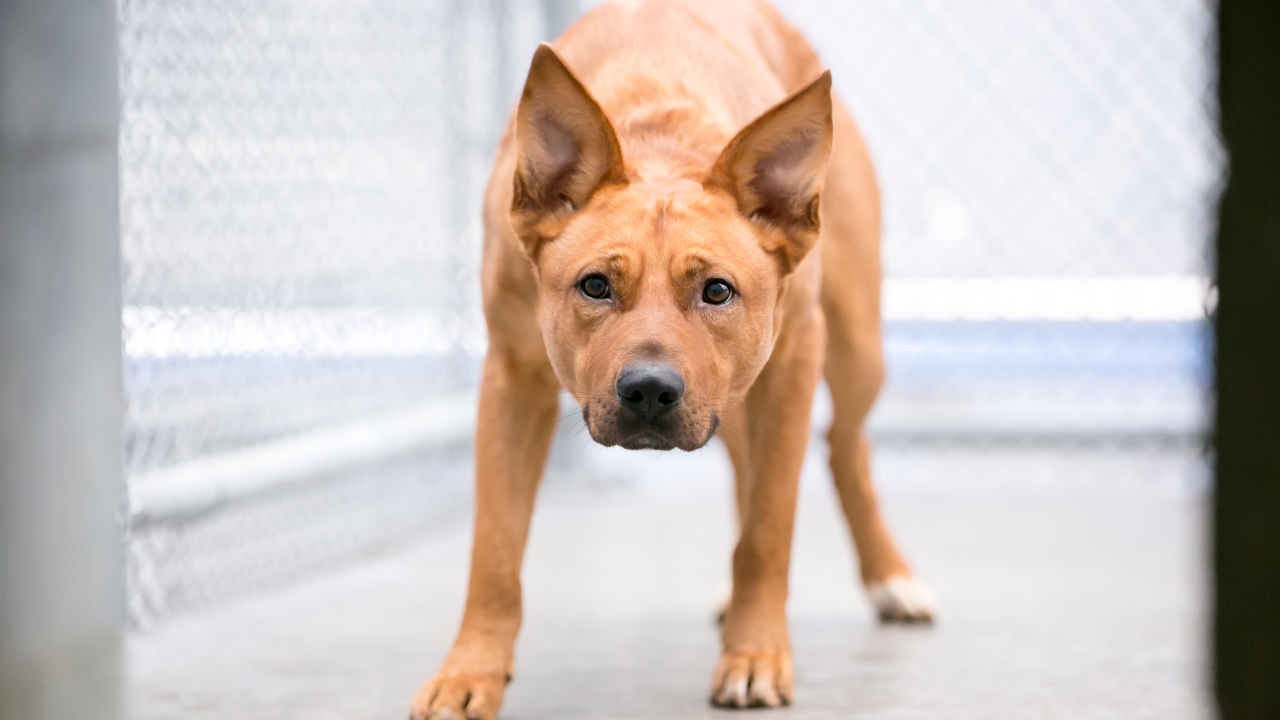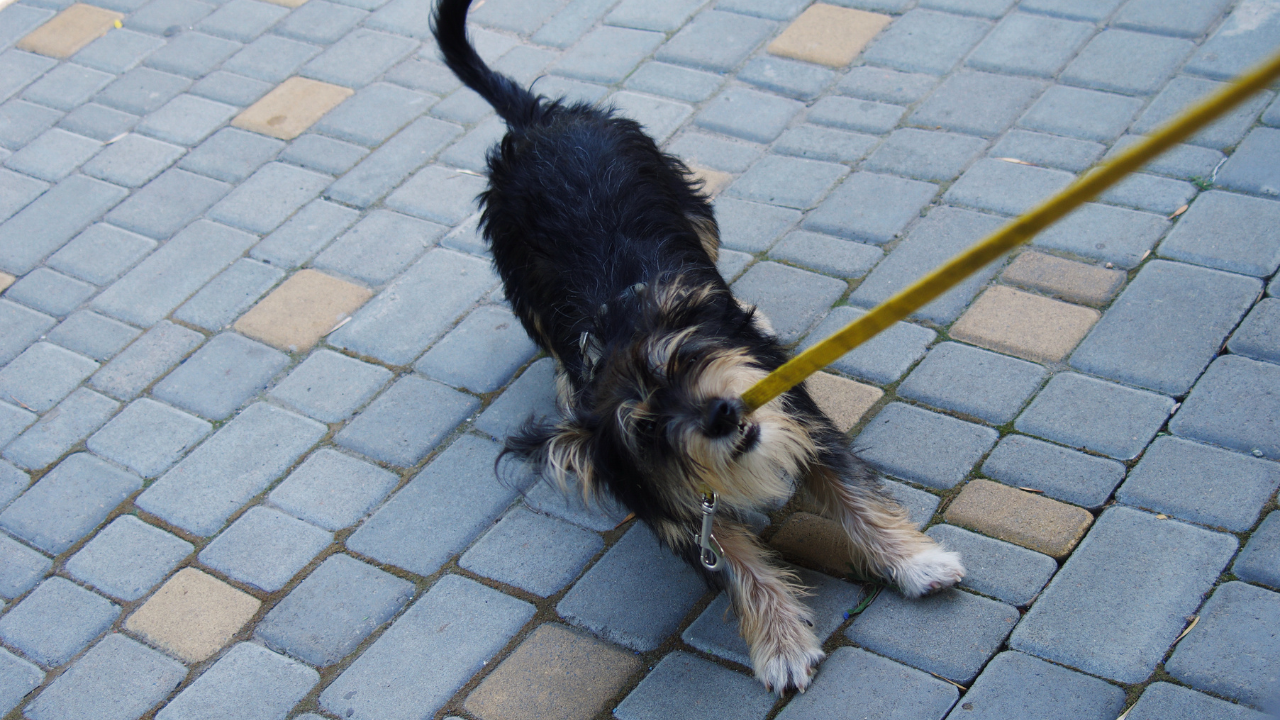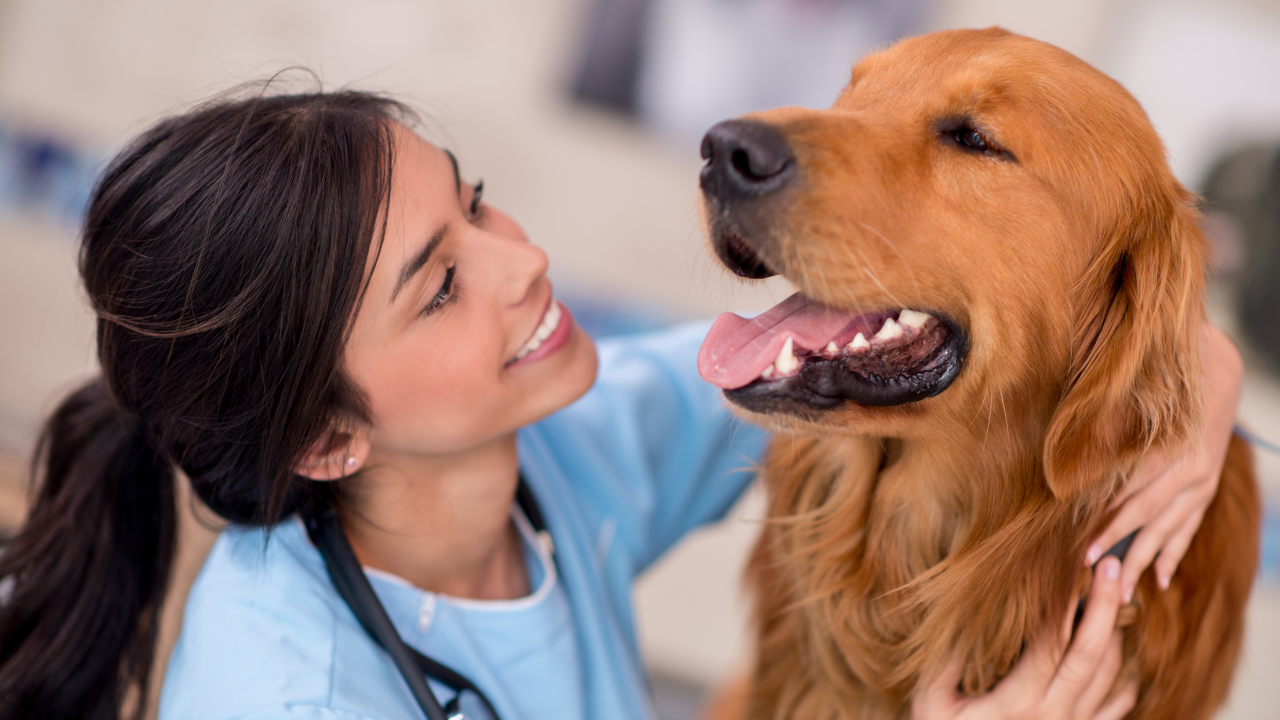Understanding Rescue Dog Behavior: A Guide for New Adopters

Welcoming a rescue dog into your family can be an incredibly rewarding experience, but it's essential to understand that rescue dogs may come with their own set of behaviors and challenges. In this guide, we'll explore common rescue dog behaviors and provide tips for new adopters on how to interpret and address them.
1. Fearfulness and Anxiety
Many rescue dogs may exhibit fearfulness or anxiety, especially in new environments or situations. This could be due to past traumas or lack of socialization. It's important to be patient and understanding with your rescue dog, providing reassurance and positive reinforcement to help them feel safe and secure.

2. Leash Reactivity
Some rescue dogs may display leash reactivity, such as barking, lunging, or pulling on the leash when encountering other dogs or people during walks. This behavior can stem from fear, frustration, or lack of proper training. Working with a professional trainer or behaviorist can help you address leash reactivity through desensitization and positive reinforcement techniques.
3. Separation Anxiety
Rescue dogs may experience separation anxiety when left alone, which can manifest as destructive behavior, excessive barking, or attempts to escape. To help your dog cope with separation anxiety, gradually acclimate them to being alone through short absences and providing mental and physical enrichment activities, such as puzzle toys or interactive feeders.
4. Resource Guarding
Some rescue dogs may exhibit resource guarding behavior, where they become possessive over food, toys, or other items. This behavior can be managed through training and desensitization exercises, such as trading valuable items for high-value treats or teaching the "drop it" cue.
5. Reactivity to Other Animals or People
Rescue dogs may display reactivity towards other animals or people, particularly if they were not properly socialized at a young age. It's important to manage your dog's environment to prevent triggers and gradually expose them to new experiences in a controlled manner, using positive reinforcement to reinforce calm behavior.
6. Housetraining Challenges
Some rescue dogs may struggle with housetraining, especially if they were previously kept in a shelter environment with limited access to outdoor relief areas. Establishing a consistent schedule, using positive reinforcement for appropriate elimination, and supervising your dog closely indoors can help expedite the housetraining process.

7. Vocalization
Rescue dogs may vocalize for various reasons, including boredom, anxiety, or seeking attention. Understanding the underlying cause of your dog's vocalization and addressing their needs through enrichment activities, exercise, and positive reinforcement training can help reduce excessive barking or whining.
8. Body Language and Communication
Learning to interpret your rescue dog's body language and cues is essential for understanding their emotions and needs. Pay attention to subtle signals such as tail wagging, ear position, and facial expressions to gauge your dog's comfort level and adjust your interactions accordingly.
9. Building Trust and Confidence
Building trust and confidence is key to helping your rescue dog overcome behavioral challenges and thrive in their new home. Focus on building a strong bond through positive reinforcement training, consistency, and patience, and celebrate small victories along the way.

10. Seeking Professional Guidance
If you're struggling to address your rescue dog's behavior or have concerns about their well-being, don't hesitate to seek professional guidance from a veterinarian, certified dog trainer, or behaviorist. They can provide personalized advice and support to help you and your dog navigate any challenges you may encounter.
By understanding and addressing common rescue dog behaviors with patience, empathy, and positive reinforcement, you can create a loving and supportive environment for your new furry friend to thrive in their forever home.